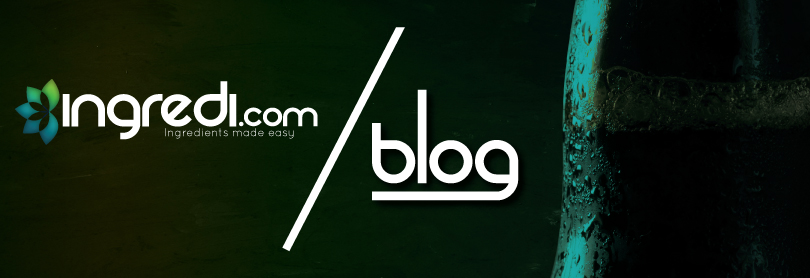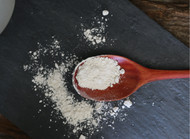What Is Amorphous Silica Gel and How Is It Used?
By on Oct 30th 2020
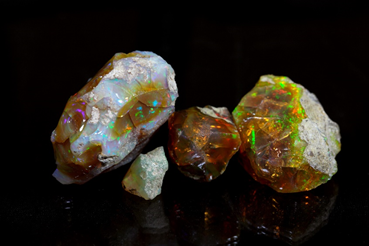
Silica Gel or Silicon dioxide comes from naturally occurring quartz. Quartz is one of the most abundant minerals on earth’s crust. Silicon Dioxide is found naturally in many different things including, plant-based foods, water, and grains. Silica Gel is very diverse and can be found in many different forms. So, what does the word “amorphous” often used to describe the silica gel mean? This word is used to describe how the silica gel will appear or look. The word “Amorphous” means that the silica gel does not have a clearly defined shape or form and is not a crystal-like salt. Amorphous silica gel basically looks like white powder, similar in consistency to a fine sand.
Food Additive
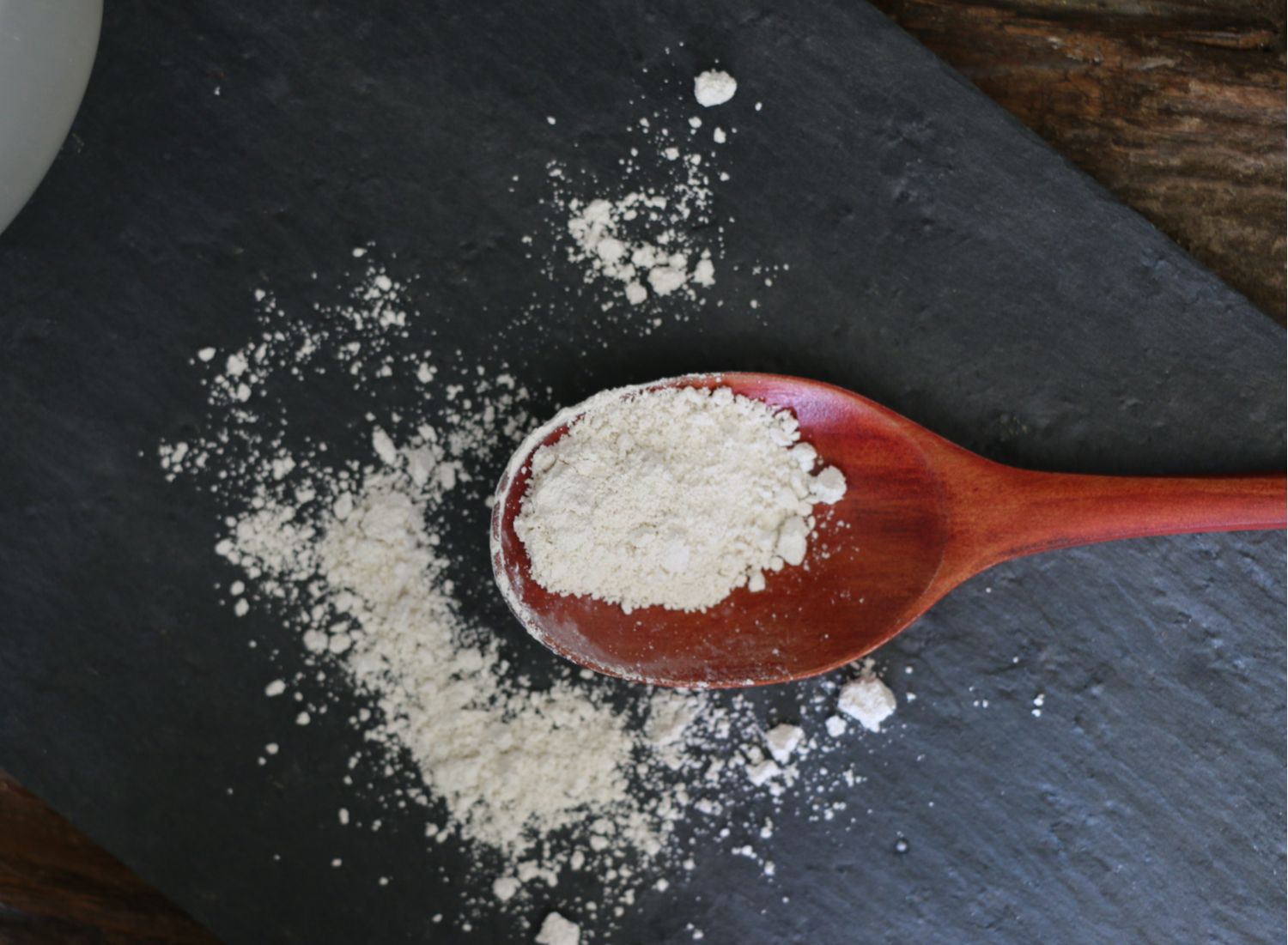
Silica Gel is a light powder that is often used as a food additive as an anti-caking agent. An anti-caking agent is something that could be added to a powder to prevent the development of lumps and caking. This Silica Gel is versatile and can also be used as a defoaming agent which reduces the formation of foam and bubbles in industrially processed liquids. Silica Gel can also help control the viscosity or how thick a liquid is and prevent that liquid from settling. Another one of the Amorphous Silica Gel’s properties is its ability to act as an emulsifying agent. An emulsifier allows two different substances that wouldn’t normally mix, stay in a homozygous mixture, or where they are uniform and not separating.
Amorphous Silica Gel & Beer?
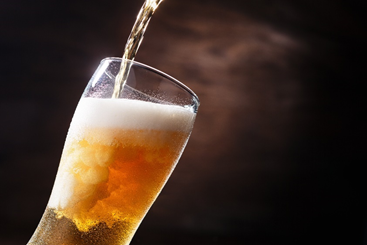
Silica Gel is also a filtering aid, used as a chill-proofing agent when brewing beer. The reason for a chill-proofing agent is to help give the beer a less hazy and clearer look. During the chill-proofing process the beer’s temperature is lowered to freezing or below. This allows larger particles to form that can then be filtered out. Without chill-proofing the beer would become hazy within a few weeks of packaging. In modern beers chill-proofing agents like Amorphous Silica Gel in conjunction with other agents are used to shorten the process from weeks or months to days.
Silica Gel & Absorption
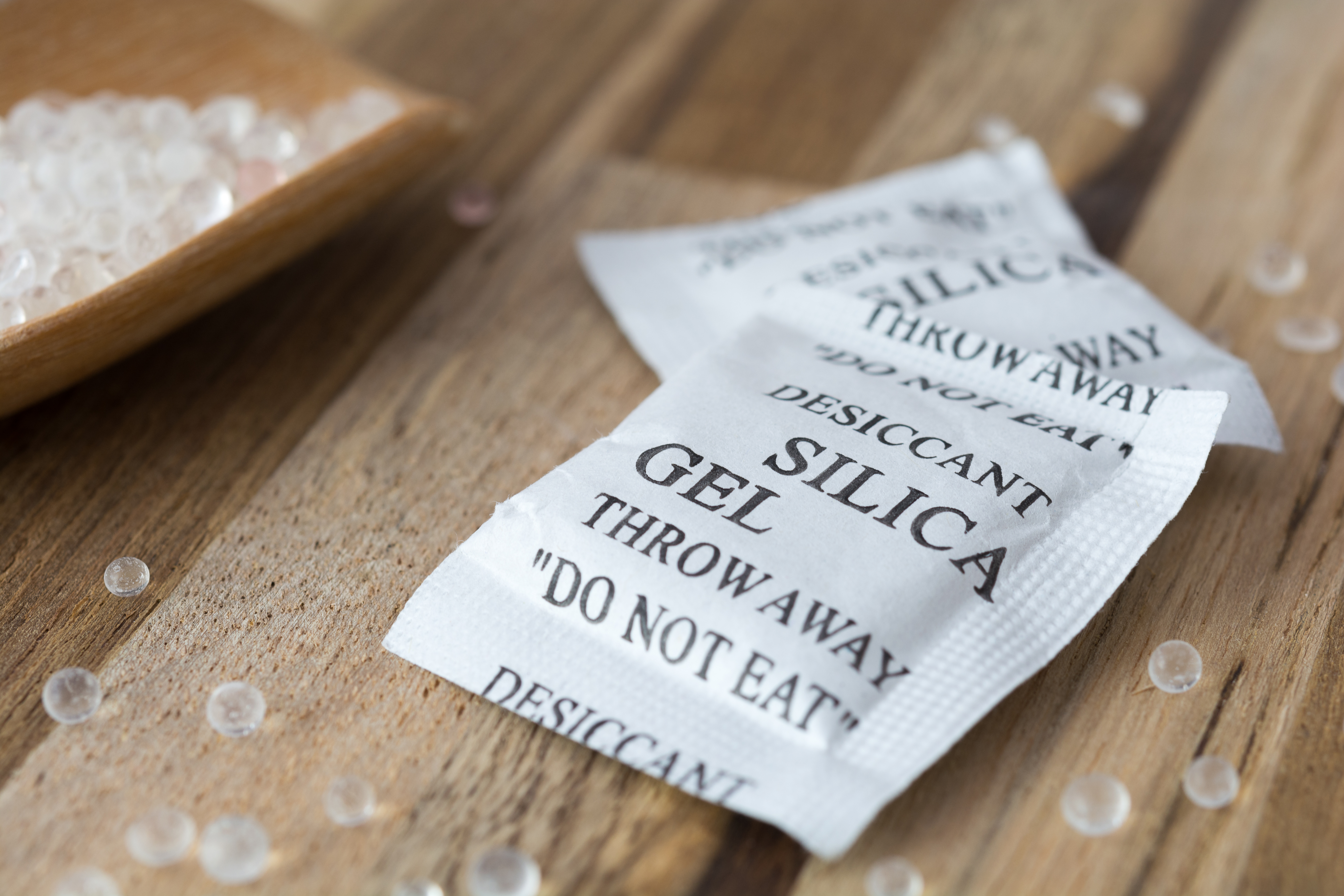
Amorphous Silica Gel is also used in other applications due to its useful properties. These include its ability to absorb water and filter water. Silica Gel’s ability to absorb moisture out of the air prompted it to be used as a desiccant in those little bags commonly found in products to protect against excess moisture. Silica gel pulls water out of the air and stores it protecting the product. The Silica Gel can also act partly as a water filter with its unique structure having the ability to absorb some minerals dissolved in water.
Is It Safe?

Safety is important, and Silica Gel is safe. The FDA in the United States recognizes Silica gel, in its various forms, as generally safe or GRAS (Generally recognized as safe). Receiving this mark from the FDA means that silica can be added to different food products without needing approval. In the United States silica can be added up to 2% by weight of the food and in the European Union it is allowed to be up to 5%.
At Ingredi.com, we sell Amorphous Participated Silica FFC in 12.5 kg bags. Make sure you check out our bulk pricing option for even more savings:
Amorphous Participated Silica FCC, Tixosil 68 B - 12.5kg Bag
Sources:
https://pubchem.ncbi.nlm.nih.gov/compound/Silicon-dioxide
https://beerandbrewing.com/dictionary/j40sHatguV/


